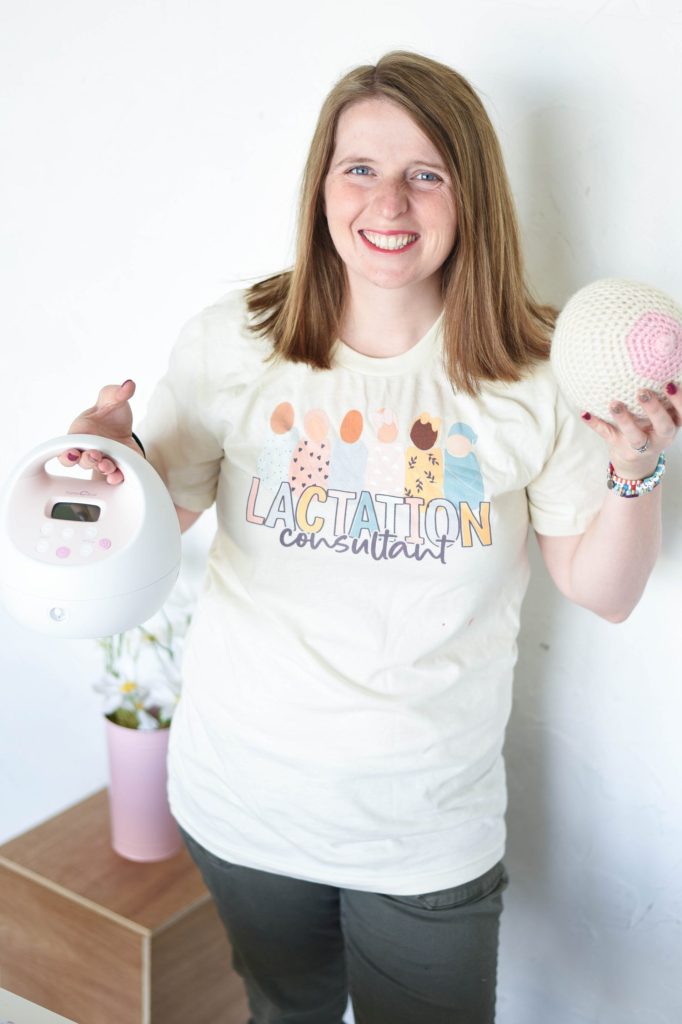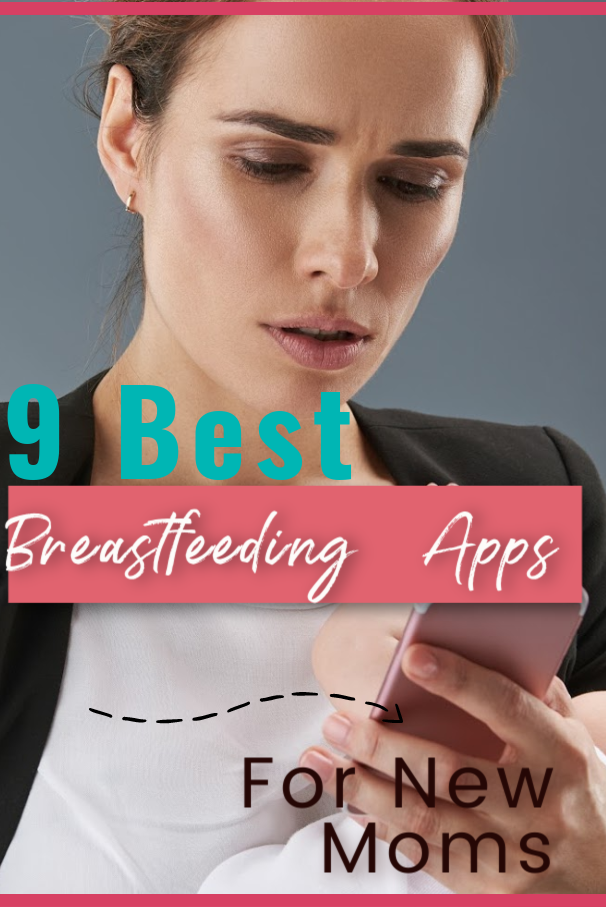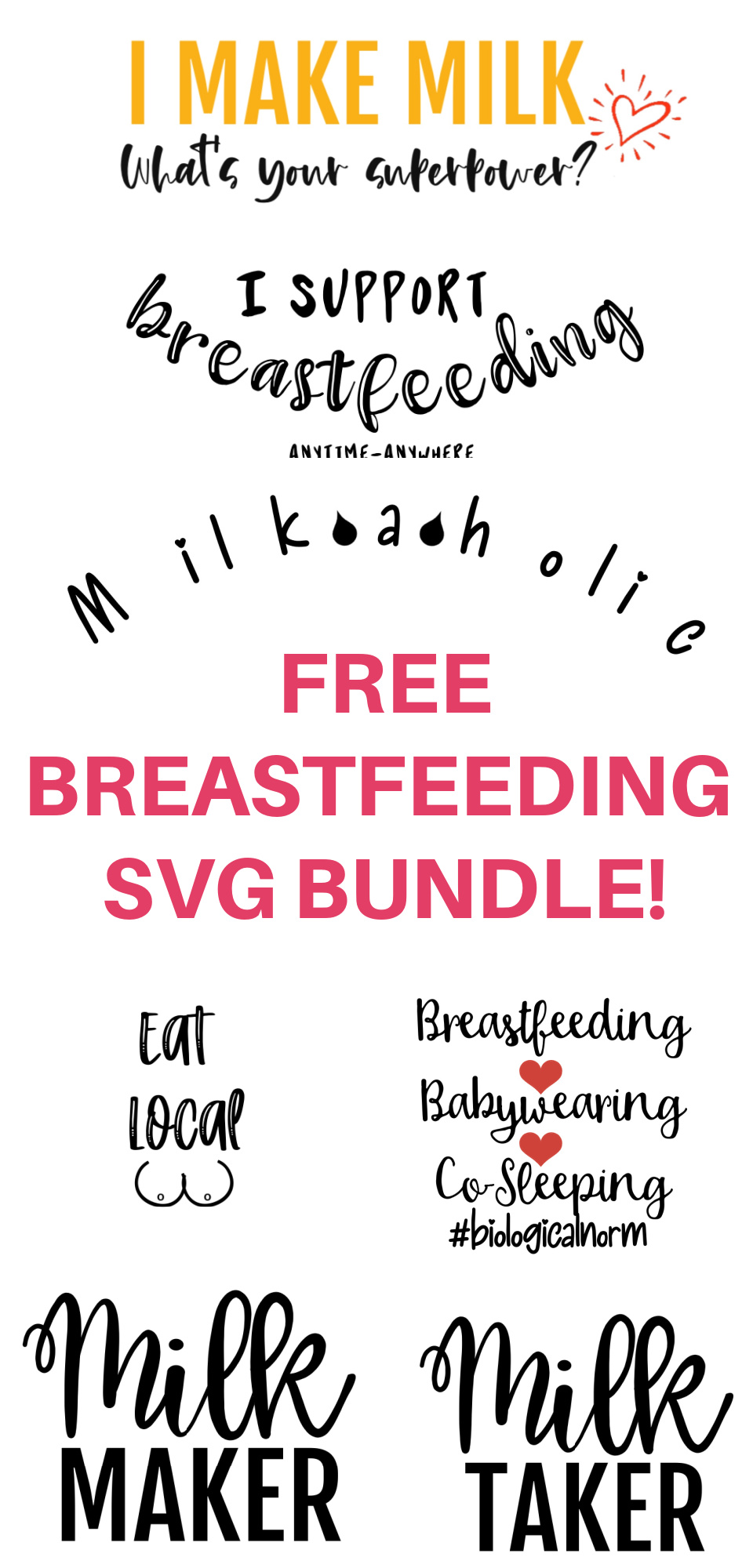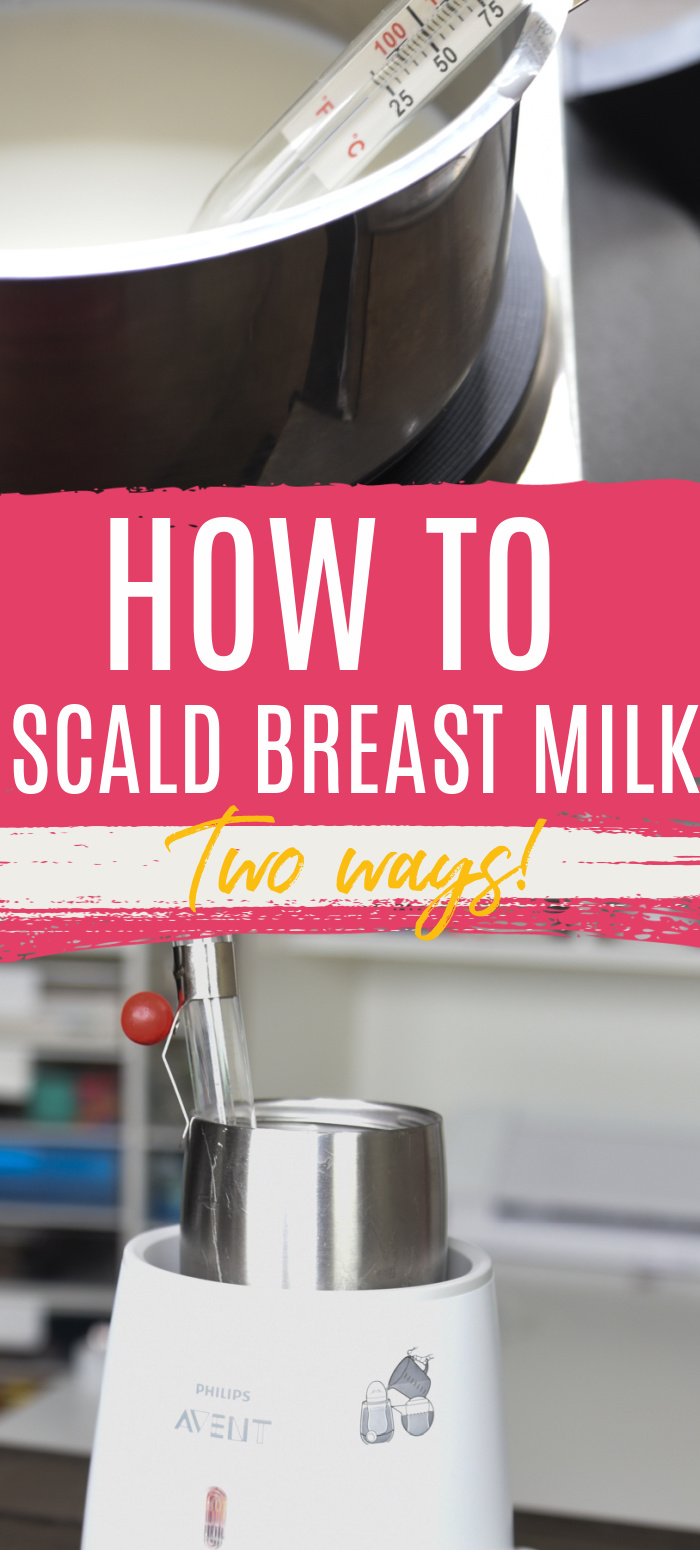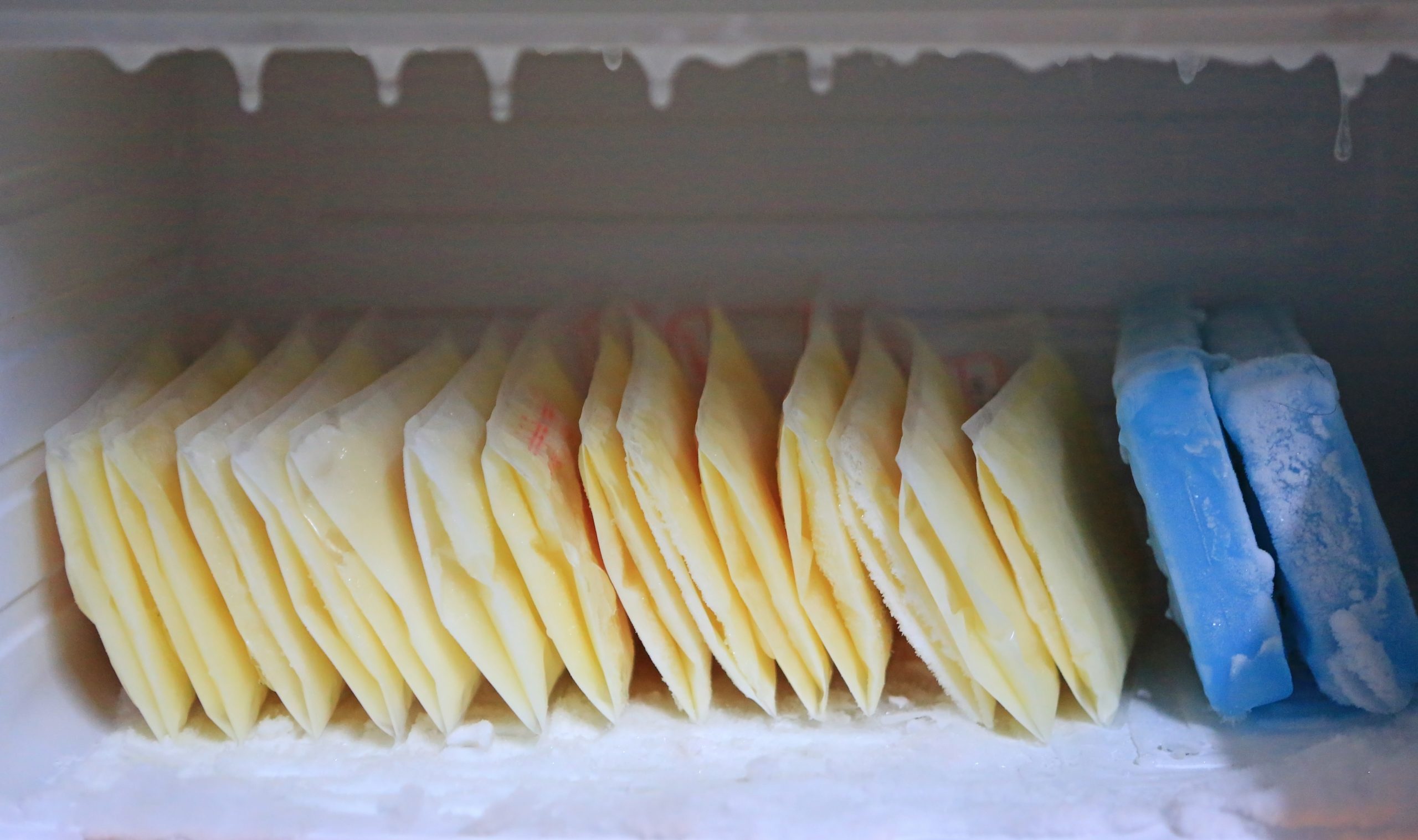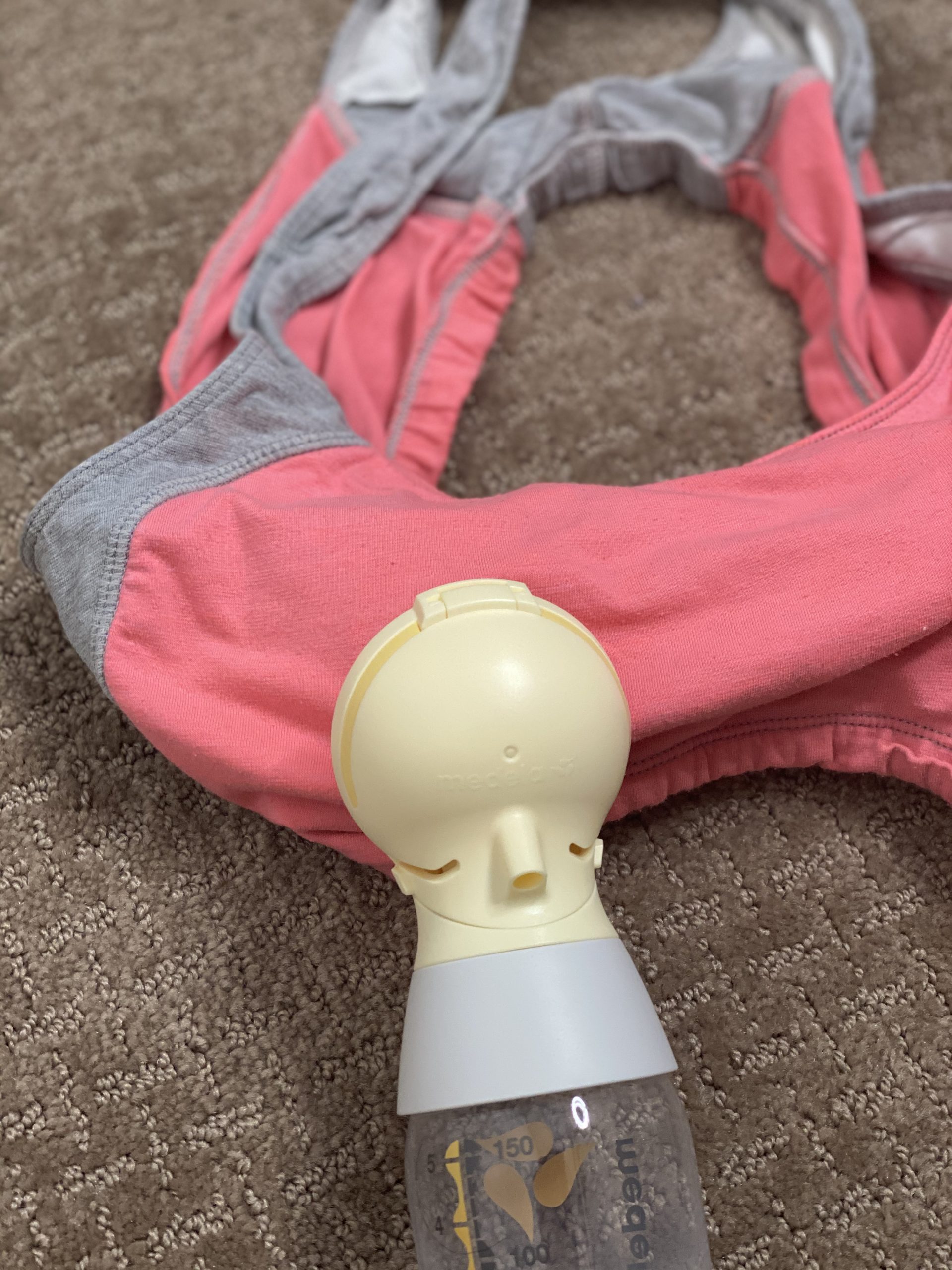Anxiety during pregnancy and breastfeeding is common and can affect your physical and mental health. Fortunately, there are a variety of natural remedies that you can try to help manage your anxiety while still providing the nourishment your baby needs. Here are 15+ natural remedies for anxiety while breastfeeding ranging from dietary changes to lifestyle alterations. From herbal supplements to exercise and meditation, you’ll find something that works best for you.

Many people experience anxiety throughout their lives, and there is an increased incidence of anxiety in postpartum women.
According to Postpartum.net, around 10% of postpartum women develop anxiety, which can be overwhelming and isolating.
There are many different ways to treat anxiety safely, including prescription medications. While there are quite a few anxiety medications that can be used while breastfeeding, some mothers would prefer to try other methods first.
In this article, I will share various natural remedies for treating anxiety that is compatible with breastfeeding. While there should be no shame in using a medication, I understand the desire for many to look for alternatives. As someone who has struggled with anxiety, I know how difficult it can be to navigate and manage, and I hope this article will give you some actionable advice.
If you are struggling with postpartum anxiety or depression, please reach out to your trusted medical provider. This post is not intended to replace the advice of a medical provider or mental health professional. It has only been written to provide options for you to discuss with your care provider. If you need immediate help, call or text 1-800-944-4773 (Postpartum Support International) if you are worried about hurting yourself or anyone else, dial 988.
Herbal Remedies
While herbal medications and supplements are not regulated by the FDA, nor are they often studied within breastfeeding women. Almost all supplements say don’t take while breastfeeding, but this isn’t necessarily because they aren’t safe. It’s important to do research, though, because some herbs really should not be taken.
Before using any of these, work with a qualified professional familiar with them and breastfeeding. I always refer people to the Infant Risk Hotline for specific questions.
This great article from MotherLove discusses the different herbals that may be compatible with breastfeeding. I am not an herbalist, so I don’t feel qualified to talk on this subject, but there are others with good information.
The Balancing Blend from MotherLove is designed specifically for postpartum and breastfeeding mothers.
I also like the needed stress support
Here is another article on four herbal remedies for postpartum anxiety.
Ashwagandha is one of the most popular and most commonly recommended and prescribed. I have personally used it with success. Here are a couple of places you can buy Ashwagandha:
- Just Ingredients
- Goli Ashwagandha + Vitamin D
- Mary Ruth’s Ashwagandha Drops
- Ashwagandha Root Powder
- Pure Encapsulations Capsules
- YouTheory Ashwagandha
I really like to use the Just Ingredients Hot Chocolate. It is full of adaptogens and designed specifically to help with stress. You can use the code TBM10 for 10% off.
These are some other commonly recommended herbs for anxiety and a few thoughts on using them while breastfeeding.
- L-Theanine – Not much research, some say it’s fine others say to avoid. Here is the Infant Risk Response.
- GABA – Not a lot of research, but the NHS says it can be taken if you are deemed healthy by a medical provider
- St. John’s Wort is a very popular anxiety/depression treatment, and some research has been conducted on the topic. It does get into breast milk, but it appears to be at a lower level. If you use it under your medical provider’s care, monitor your baby for drowsiness or increased colic behavior.
- Rhodiola – Should not be taken if you have a history of bipolar disorder
- Lemon Balm – This is a common herbal anti-anxiety treatment, however, it is associated with decreased milk supply (and is sometimes recommended to dry up supply), so I would recommend avoiding this while breastfeeding.
- Motherwort – some recommend this but many do not.
If you choose to use herbals, ensure they are from quality sources.
Talk Therapy
Therapy is one of the best ways to manage and overcome anxiety. There are many therapists out there, and it’s worth trying to find one you connect with. If you are dealing with anxiety from a traumatic birth, finding a practitioner that can do EMDR might be helpful as well.
Most insurance companies cover therapy these days, and you can often do it from the comfort of your home via teletherapy.
Meditation
Meditation or Mindfulness is a “promising treatment” for anxiety (here is one study done it). There are many ways to meditate, and it can be very beneficial if you incorporate it into your day-to-day life.
I like using the Calm App, as well as Abide or Co-Create, which are Christian-based meditation apps. However, there are free meditations available on YouTube and even sources. Of course, you don’t even need an app or video to meditate, but many new to the practice find it helpful to use guided meditation.
Binaural Beats
I was introduced to these earlier this year, and I enjoy listening to them at night or while I work. According to Healthline, Binaural Beats “
Binaural beats in the alpha frequencies (8 to 13 Hz) encourage relaxation, promote positivity, and decrease anxiety. Binaural beats in the lower beta frequencies (14 to 30 Hz) have been linked to increased concentration and alertness, problem-solving, and improved memory.”
There are tons of these available on YouTube. I recommend searching specifically for “Binaural Beats for Anxiety”
Cover Bottles
Many new moms experience anxiety while pumping, leading to slower/diminished letdowns and decreased supply. One of the simplest ways to overcome this is by covering bottles so you can’t see how much you produce. This is a very effective way to stop focusing on what’s happening in the bottle. Socks work great!
Watch a movie or show
Many people find that watching a movie or a show that they enjoy can help distract them while they are pumping or nursing. It can also help you disconnect a little bit from reality. Some moms find that having a show or a movie they watch while they pump or nurse gives them something to look forward to.
Eat dark chocolate
This is one I can get on board with! A study back from 2019 revealed that “eating the equivalent of one average-sized dark chocolate candy bar (1.4 ounces) each day for two weeks reduced levels of the stress hormone cortisol as well as the “fight-or-flight” hormones known as catecholamines in highly stressed people.”
Make sure it’s a quality dark chocolate bar (I usually aim for 70% or higher) that doesn’t have a ton of added sugar!
Work with a lactation consultant
If your anxiety is related to breastfeeding, working with a lactation consultant or other lactation professional can make a world of difference. A lactation consultant can help you determine the source of your breastfeeding anxiety and develop a plan. Surrounding yourself with others who are breastfeeding can help, too!
If you need lactation support, I offer virtual consultations worldwide. You can book one here.
CalmiGo
This device “is a patented technology-based device that provides immediate drug-free relief in moments of anxiety, stress, and panic attacks.”
I have used it for the past few months, and it does help a lot with my anxiety. It looks like a little inhaler, and you breathe in and out of it for about three minutes. It releases a scent, and it helps to regulate breathing. It’s drug free and has some clinical studies on its efficacy.
You can get $30 off with my coupon code TBM on the CalmiGo website.
Exercise
Exercise can be really helpful for anxiety and depression. High intensity exercises seem to be most effective for anxiety. There are so many different types of exercise and ways/places you can workout. Find something that you enjoy doing – not something that you dread!
Herbal Tea
Sometimes a warm drink can help slow your pace and mind. Herbal tea is really popular, and there are different blends that can especially be helpful with anxiety. I would recommend avoiding anything with peppermint or sage, as it can decrease milk supply.
Cold shower
Cold therapy, or whole-body cryotherapy, has been used as a way to decrease depression and anxiety. Some people have found it so effective (among other health benefits), that they do sit in cold water for 20-30 minutes each morning!
Cold temperatures can change the way that your nervous system interacts with your brain. I saw a recommendation to jump in an ice-cold shower to help with anxiety a while back. It’s something that I tried and has seen great success with. I feel like it shocks you back to reality. Is it miserable for a minute? Absolutely. But the effects are immediate.
Or you can just splash cold water on your face or dunk your face in a basin of cold water. Sometimes just a little bit can go a long way!
Ice your Vagus Nerve
This is along the same lines as the cold shower, but it just stimulates the parasympathetic nervous system response in another way. You can place an ice pack or a bag of frozen veggies on your vagus nerve, or you can get an ice roller to roll along it. This is a good article on the benefits of night-time icing.
Check your vitamin levels
Sometimes imbalances in our bodies can increase anxiety and depression levels. According to this article, deficiencies in the following have been linked to anxiety:
- B Vitamins
- Iron
- Iodine
- Vitamin D
- Selenium (a great source of these are in just a couple of brazil nuts a day!)
- Magnesium
- Omega-3 Fatty Acids
It might be worth asking your care provider to do some blood panels to see if you are deficient in any of these.
Find a Support Group
Sometimes, it’s just helpful to know you are not alone. There are tons of support groups out there, online and in person. You can find a group that’s specifically for breastfeeding or postpartum or that is more anxiety-specific.
Feel free to join my Facebook breastfeeding group.
Exercise
There are loads of benefits related to exercise, and it is thought to decrease depression and anxiety. If you can work up to 30 minutes a day for 3-5 days a week, it should help. This article has some good information on this topic.
Sauna
Not only are saunas relaxing, but it’s thought to decrease levels of cortisol, increase relaxation, and help decrease feelings of anxiety. There isn’t a lot of research on sauna use and breastfeeding, but most seem to think it’s just fine – with proper rehydration!
You can obviously go to a gym or health club, but there are some other options available for saunas, such as pop-up saunas or even sauna blankets. I’ve used a sauna blanket in the past, and I love to do it while doing meditation.
Balance electrolytes
If your electrolytes are out of whack, it can cause anxiety. According to WebMd:
“If you have really high or low levels of electrolytes like sodium or potassium, it can cause anxiety or panic-like symptoms.”
Some find that having imbalanced electrolytes can lead to lower milk supply, which can also be a cause of anxiety.
There are various ways to balance electrolytes, but I’m personally a fan of Redmond Relyte. It has no artificial flavors or ingredients, and it’s pretty tasty (though I recommend starting out with half a scoop and 16 ounces of water to get used to it). You can use the code CLARKS for 15% off.
Get sunshine
Nothing quite like sunshine for boosting your mood! It can also help you improve your vitamin D levels, which can be linked to anxiety.
If you live somewhere that doesn’t have a lot of sunshine, a light therapy box can be helpful.
Grounding
Grounding for anxiety is a technique used to help individuals become present in the moment and reduce their anxious thoughts. It can be done in many different ways, such as focusing on your breath, noticing what you hear and smell, or even squeezing your hands together. Many people have found grounding techniques to be helpful in decreasing their anxiety levels.
Through this practice, people learn how to focus on the present instead of worrying about the future or ruminating on the past. It can give them a sense of control and help them to relax, despite their anxiety. Additionally, grounding for anxiety can help individuals better understand their triggers so that they can work to cope with them more effectively.
Another form of grounding is standing on the bare ground outside with no shoes on or by using a grounding mat. Some have found that it helps with anxiety.
Massage
Who doesn’t love a good massage? I know that I do! Massage can help release feel-good hormones, and some research believes it will even increase milk supply due to it releasing prolactin. Even a nice shoulder massage can be helpful.
And yes, you can get a massage while breastfeeding.
Make yourself comfortable
Double-check your breastfeeding positions – relax your arms, lean back, and just make yourself more comfortable. Many find that side-lying helps make for a more relaxing breastfeeding session.
Make sure you eat
I know – breastfeeding can take a lot out of you, and it can be SO easy to think you can just live off a protein bar and orange juice. But our bodies need to be fueled!
If you need some ideas, be sure to check out my breastfeeding meal plan. It’s fantastic!
Grocery Pickup, Meal Plan, Meal prep delivery
All of these things can really help to decrease your anxiety and make your days go more smoothly. My meals-made easy bundle helps you figure all these things out!
Journal
Journaling has so many mental health benefits. It can help you process your emotions and focus on gratitude. Many therapists and mental health professionals recommend it as a practice to help with anxiety.
Non-Sleep Deep Rest
This is a tool that helps you get into a deep state of relaxation while still being awake and aware of your surroundings. It can really help calm your nervous system. Here is a 10-minute video that is great when you are short on time.
Does Breastfeeding cause anxiety?
Breastfeeding doesn’t cause anxiety in and of itself, but there is a condition called D-MER, which can occur during your letdown and causes deep feelings of anxiety and depression.
If you are struggling with breastfeeding, it can lead to anxious feelings and anxiety, which can be difficult. Working with a lactation consultant to work through your problems and come up with an action plan can help reduce that anxiety.
Is it okay to take anxiety medications while breastfeeding?
The most common medications for anxiety are considered compatible with breastfeeding. It’s important to check different
Does anxiety affect milk supply?
Yes, anxiety can affect milk supply. High levels of stress and anxiety can cause the body to release hormones that interfere with the production of oxytocin, which is the hormone responsible for stimulating the let-down reflex and milk ejection. Anxiety can also lead to a reduced nursing frequency which can lower milk supply.
Can anxiety be passed through breast milk?
No, anxiety cannot be passed through breast milk. Breast milk is composed of antibodies, enzymes, and hormones that help to protect the baby from infection and disease. While it can contain trace amounts of stress hormones, this does not cause the baby to become anxious or pass the feelings of anxiety on to them.
In conclusion, while breastfeeding, there are a number of viable natural anxiety remedies available. Herbal teas, exercise, mindfulness practices, and aromatherapy can all be utilized to reduce feelings of tension and stress. Additionally, talking to a professional such as a counselor or therapist can help to manage symptoms of anxiety even further.

